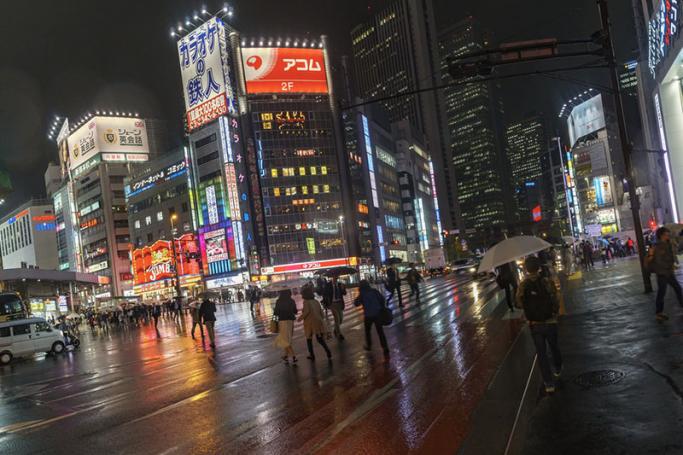Some 20 foreigners held at an immigration detention centre in Tokyo are on a rare hunger strike in an apparent bid for improved treatment, an official said Friday.
Activists, lawyers and migrants in Japan have complained for years about harsh treatment by some immigration officials and over conditions at detention centres that includes detainees from Myanmar.
"The detainees began refusing food provided by the centre from Tuesday evening and it is still continuing," Atsushi Sakai, a spokesman at the Tokyo Regional Immigration Bureau, told AFP.
It remains unclear exactly why the detainees are refusing food, Sato said, adding the bureau is investigating details, including their nationalities.
"We assume that they're on a hunger strike to complain about treatment at the centre and applications for provisional release," he said, saying this kind of protest action was rare.
A rights group called Provisional Release Association in Japan, wrote on its blog that the hunger strike participants were from 12 countries including China, Myanmar, and Bangladesh, and were aged between 25 and 55.
Currently about 580 people are being held at the immigration centre, Sakai said.
The bureau did not confirm whether asylum seekers were also in custody there but the Japan Association for Refugees, a Tokyo-based charity, said refugee status applicants were held at immigration centres.
Japan, one of the world's wealthiest countries, accepted just 28 refugees in 2016 -- one more than the previous year -- out of the 8,193 applications reviewed by the Immigration Bureau.
Officials defend the low number, saying applicants are mainly from Asian countries seeking access to Japan solely for economic reasons.
Campaigners and applicants, however, say that the acceptance process is arduous and that it can be difficult to gain acceptance as a foreigner in Japanese society.
You are viewing the old site.
Please update your bookmark to https://eng.mizzima.com.
Mizzima Weekly Magazine Issue...
14 December 2023
Spring Revolution Daily News f...
13 December 2023
New UK Burma sanctions welcome...
13 December 2023
Spring Revolution Daily News f...
12 December 2023
Spring Revolution Daily News f...
11 December 2023
Spring Revolution Daily News f...
08 December 2023
Spring Revolution Daily News f...
07 December 2023
Diaspora journalists increasin...
07 December 2023
Myanmar protesters commemorate 1962 crackdown in Yangon












